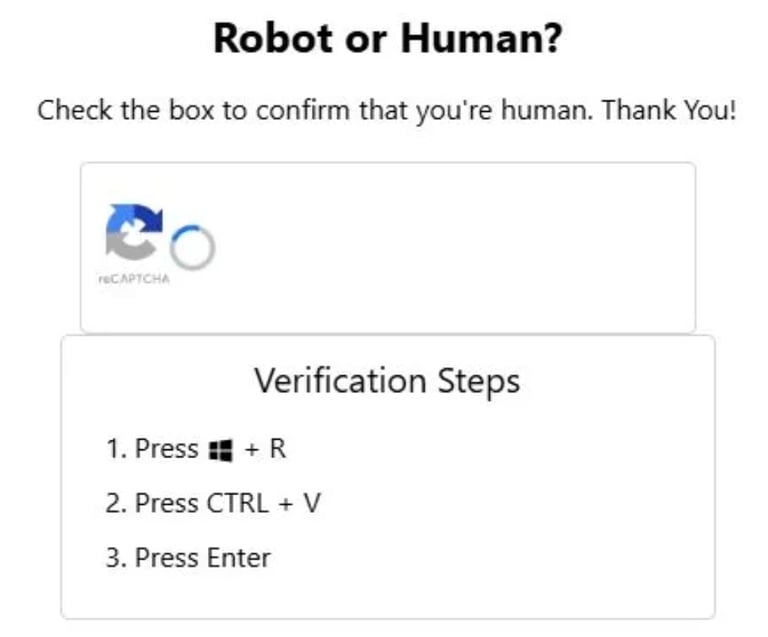Hotel Staff Phishing Scams & Malware Risks
Explore the alarming rise of phishing scams targeting hotel staff. Learn how these scam exploit vulnerabilities and use malware tactics, including fraudulent booking.com scams with fake captchas. Stay informed to protect your hotel security.
CYBER SCAM
4/1/20253 min read
Malwarebytes Premium gives you the ultimate Protection from all Phishing_Attack Scam and Malware. It removes all Malware and Virus based on behavioral analysis before the Malware can do any harm to your PC, Laptop, Phones or Tabs, including those which are missed by AntiVirus_Software.
The Phishing Scams Targets Hotel Staff and Installs Malware
In recent times, the hotel industry has encountered a troubling rise in Phishing Scams, a tactic designed to deceive the hotel staff and exploit vulnerabilities. Among these Scam, one particularly alarming method involves a fraudulent booking.com Phishing Scam that uses fake CAPTCHAs to lure hotel personnel into compromising their security. Understanding the mechanics of this scam is crucial for hotel staff to ensure they remain vigilant against such deceptive tactics. This article was first found published on https://www.malwarebytes.com in its Blog News section.
How the Hotel Staff Phishing Scam Works
This Hotel Staff Phishing initiative operates by crafting a seemingly legitimate email that appears to originate from booking.com, a well-known online travel agency. The email prompts hotel staff to verify bookings or handle updates by clicking on a link that leads to a fake login page. Here, the staff encounters a distorted CAPTCHA that mimics the real system but is entirely malicious. The Phishing Scam gives a Human or Robot dialog which tells the hotel staff to do as directed. The Captcha asks the Hotel Staff to Verify they are real human by way of Copy some text, Press Windows + R and Press Ctrl + V to paste the malicious code. When the enter button is pressed the Malware downloads into their system and create havoc. When the hotel staff members attempt to solve the Captcha under the impression that they are safeguarding their hotel’s information, they inadvertently download malware onto their systems.


Preventing Phishing and Malware Scam
To combat threats to Hotel Industry through the Hotel Staff in the booking.com Phishing scenario, hotel management must educate their staff about the signs of phishing attempt scam. Hotel employees should be trained to scrutinize emails for unusual characteristics, such as unfamiliar sender addresses or requests for personal information. Furthermore, promoting strong cybersecurity practices by the Hotel industry, such as using multi-factor authentication and regularly updating software, can effectively minimize the risk of falling victim to such phishing and malware scam..
Moreover, hotels should implement regular training sessions that focus on recognizing phishing attacks, especially those that use familiar platforms like booking.com. By fostering a culture of cybersecurity awareness, hotel industry can significantly reduce the likelihood of employees unwittingly participating in such attacks. In addition, establishing clear protocols for handling suspicious correspondence is imperative; hotel staff should be encouraged to report any potential phishing emails for further verification.
Using an industry standard anti malware software like Malwarebytes is a must for all organizations including hotel industry to safeguard against malware attacks. Once a phishing attack or a malware succeeds in getting into any system, there would be very huge financial losses and reputation tarnishing could be irrecoverable.
As the hotel industry continues to grow, so does the sophistication of cyber threats. The booking.com phishing and malware scam is just one example of how scammers exploit the reputation of well-known brands to manipulate unsuspecting hotel and other establishment employees into compromising their systems. By staying informed about these scams and investing in employee training, hotel staff can fortify their defenses and protect both their guests' information and their own operational integrity.
Cyber Security Threats
Malwarebytes Premium
Protect all your devices from all Malware and Viruses
© 2025. All rights reserved.


